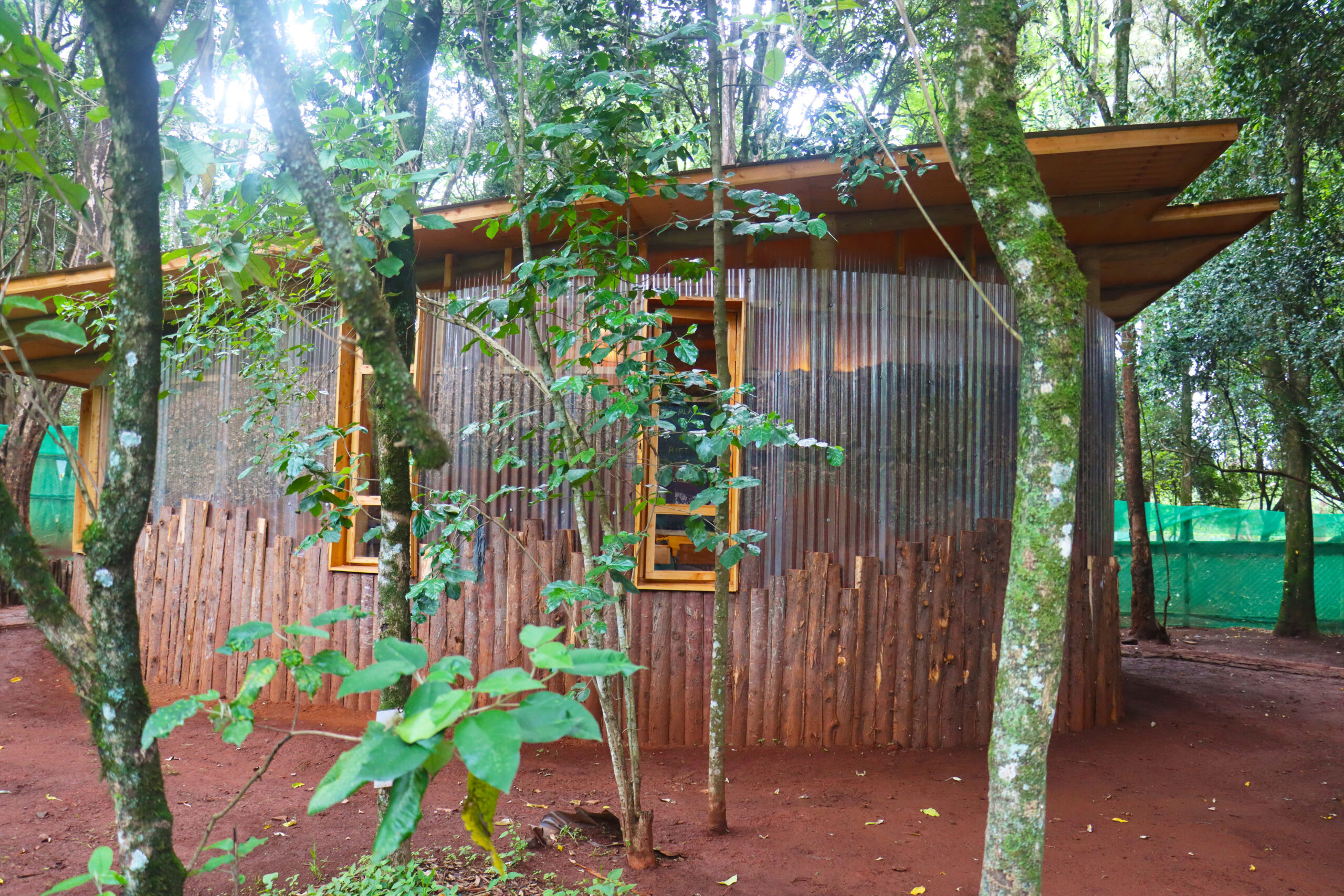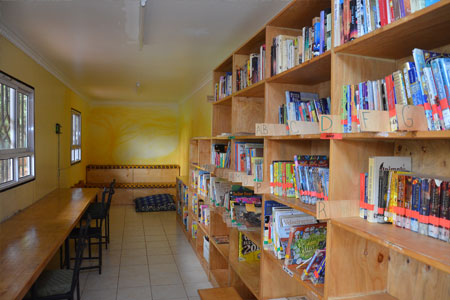
Waldorf Aesthetic
With an emphasis on wholistic education, the aesthetic-spatial arrangements of Waldorf schools mirror and support the growth and development of a child. There is within the school ongoing reflection regarding the fit between the children, their age-specific needs, and their education. Waldorf education is designed to bring out the best of all aspects of the child by harnessing the imagination.
It is now commonly understood that our environment deeply affects who we are as human beings. The effect of the aesthetics on our psyche can be profound. Many studies have shown the effect of colour on human beings; for example the Hamid & Newport 1989 study on pre-school children which showed that the children demonstrated more physical strength and positive mood in a pink-coloured room than in a blue-coloured room.
Waldorf education sees a pleasing and pleasurable environment as part of a human’s fundamental and basic needs. Rudolf Steiner was immensely interested in colour and aesthetics and brought this interest into the environment which he created in early Waldorf Schools. This aesthetic is even more important in a world in which children are increasingly bombarded with glaring and harsh images and surroundings that do not leave their developing senses with a place to rest and grow.
Some specific aspects of the Waldorf aesthetic include:
- Raw and natural materials that blend together. (i.e. wood, felt, beeswax, silk)
- Handmade tools that are pleasure to work with.
- Materials and what they make are lovely to touch and feel.
- Colours that are found in nature and not artificial.
- Curved and natural formations rather than straight or hard lines.
- Simple designs, toys, and surroundings – this is beautiful in itself but also allows the child to develop their imagination by ‘filling in the details’.
- Seasons and nature rhythms honoured within the classroom through flowers, ceremonies, and celebrations.
Most importantly – children are very often involved in the production of the creations used in the classrooms.

Learning Support
The Nairobi Waldorf School Trust recognizes that each child’s needs and abilities are unique. Waldorf education allows for indivdual learning styles – children are supported and encouraged to learn at their own pace within the curriculum.
The school has established the Kolisko Group, a team tasked with enacting policies and procedures to aid in learning support. Students requiring additional learning support will receive an Individual Education Program (IEP) and the Kolisko Group will work to support the educators, students, and families to best serve each child.
The Nairobi Waldorf School Trust does not discriminate based on learners’ abilities, but enrollment of each child will be carefully considered to ensure the school can meet the needs of each child. Current class dynamics, scope of learner’s support required, and appropriate support staff availability will be taken into account.

Spirituality
Waldorf schools, including the Nairobi Waldorf School Trust, are non-sectarian and include students from numerous ethnicities, nationalities, paths of life, and abilities. Waldorf schools don’t subscribe to the beliefs of a particular religion, nor are any particular religious or philosophical teachings taught.
However, Waldorf education is implicitly infused with spirituality. The fundamental tenet underlying Waldorf schools and community is the recognition of the human spiritual dimension and an appreciation for the Earth and all living things. It is this sensibility that guides our education with spiritual focus aimed at awakening the child’s natural reverence for the wonder and beauty of life.
In our classes we welcome families of any and all religions and cultural heritages and encourage families to share personal experiences. A key point to remember for parents is that Waldorf education is based on the spiritual nature of each child and that every family’s particular beliefs will be respected.
‘Keep in mind that each of us is special because we are different, we have come together because we have our differences to bring to each other, so listen to the other, as the other listens to you, and we will hear ourselves grow into the realisation of expanding mutual respect.’ – Karl König
